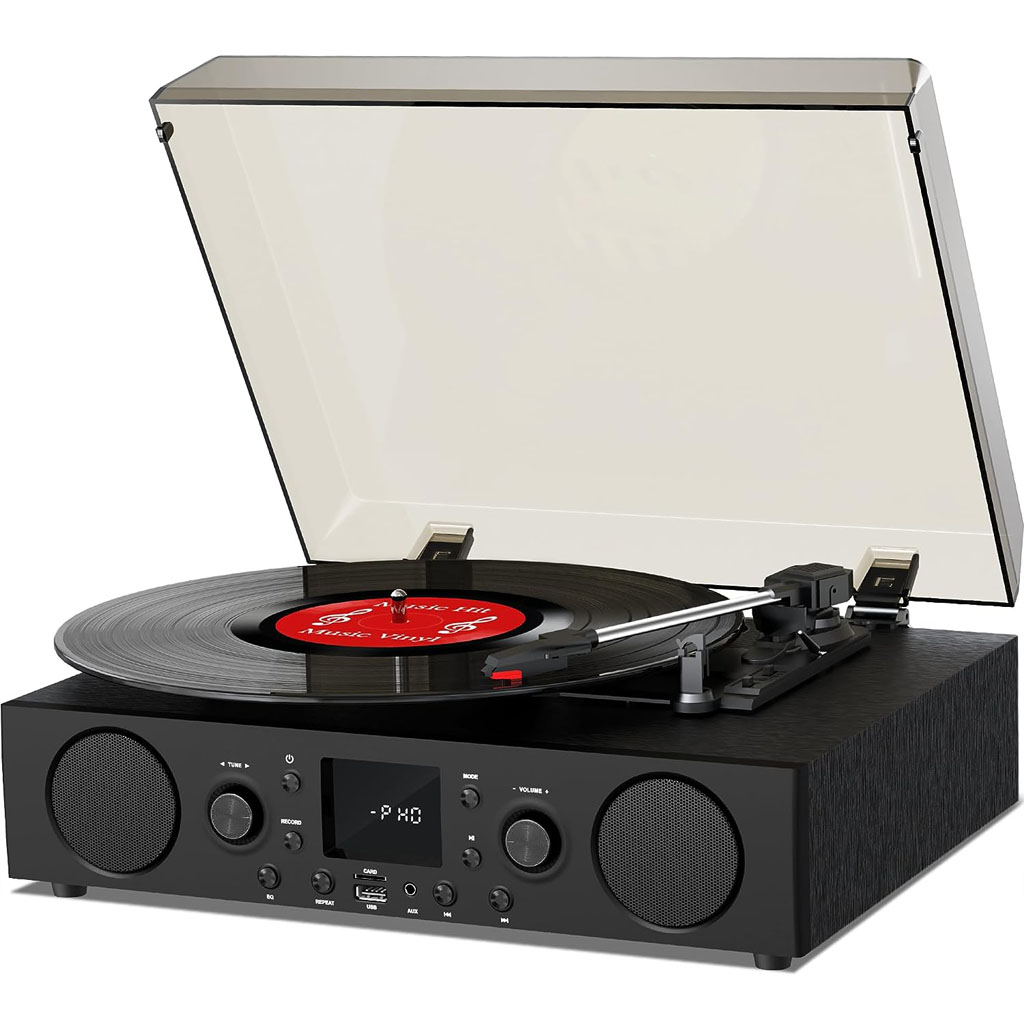Last Updated | March 21, 2023
There have been many eCommerce solutions over the years, with the likes of Wix, Webflow, and many more trying to mimic Shopify’s success. However, Cart.com is the only one that has come close to providing head-on-head feature competitiveness with Shopify.
In this blog, we are going to write a comparative analysis of Cart.com vs Shopify. We will compare each platform’s specific benefits and features and find a better option for both.
- According to Cart.com, it raised around $45 million in funding in 2020, and it is aiming to reach $100 million dollars in revenue by the end of 2023.
- 99 Firms stated that Shopify has around 2 million plus stores, while Cart.com is a relatively new platform and has not disclosed its store numbers yet.
What is Cart.com
Cart.com is a fairly new company founded in 2020 that specializes in providing eCommerce services and software solutions. Cart.com is mainly an eCommerce-powered channel to sell your product online just like a marketplace or a website hosting and builder platform like Amazon and Shopify.
Read Also Shopify vs Magento Coalition
Unique Features of Cart.com
Cart.com is an e-commerce platform that offers a wide range of features designed to help businesses grow and succeed in the online marketplace.
Here are some unique features of Cart.com:
Storefront
Cart.com makes it possible for businesses to have storefronts that are simple to install and maintain. Businesses are able to create an online store that looks attractive and professional and showcases their products and services by using one of the many templates that are available on Cart.com.
Read Also Shopify Plus vs Shopify Advanced
Growth Marketing
Cart.com provides businesses with growth marketing tools designed to assist them in expanding their customer base and making more sales. Email marketing, advertising on social media platforms, search engine optimization, and other strategies are included among these tools.
Fulfillment
Cart.com takes care of all aspects of the order fulfillment process, from warehousing and inventory management to shipping and returns, so that businesses can concentrate on expanding their customer base and revenue.
Customer Engagement
Cart.com is able to help businesses improve the quality of their interactions with their customers by providing inbound and outbound call center services. Businesses are able to offer individualized support and assistance to their clients and customers by utilizing inbound call center services. On the other hand, outbound call center services can be utilized to promote products and services and generate leads.
Read Also Shopify vs Custom Website
Unified Analytics
Cart.com offers companies a comprehensive analytics platform that combines data from all facets of their online shopping cart business. Businesses can gain insights into their sales, marketing, and fulfillment activities with the help of unified analytics. They can use this information to make decisions driven by data, which drives growth and success.
Specific Features of Shopify
Shopify is an e-commerce platform that provides businesses with everything they need to start and run an online store. Here are some specific features of Shopify:
Store Customization
Shopify offers businesses a wide range of customizable templates and themes that can be used to create a unique and attractive online store. With drag-and-drop functionality and easy-to-use design tools, businesses can create a professional-looking storefront that reflects their brand and vision.
Read Also Teespring vs Shopify
Payment Processing
Shopify integrates with over 100 payment gateways, including PayPal, Stripe, SAP, ETSY, Redbubble, Walmart and Apple Pay, making it easy for businesses to accept payments from customers all over the world. With Shopify Payments, businesses can also process payments directly through the platform.
Inventory Management
Shopify’s inventory management tools make it easy for businesses to keep track of their stock levels, set up automatic restocking, and track orders and shipments. With real-time updates and inventory alerts, businesses can avoid stockouts and ensure they always have the products their customers need.
Read Also Wix ecommerce vs Shopify
Marketing and SEO
Shopify offers a suite of marketing and SEO tools designed to help businesses attract and retain customers. From email marketing and social media advertising like Facebook, Instagram to search engine optimization and abandoned cart recovery, Shopify has everything businesses need to drive traffic and increase sales.
App Store
Shopify’s App Store is a marketplace for third-party apps that can be used to add additional functionality and features to an online store. With over 4,000 apps available, businesses can customize their store to meet their specific needs and goals.
Comparative Analysis
In this section, we are going to draw comparisons and find out which has better features. We will discuss
Cart.com vs Shopify advanced Functionality and try to deduce the result based on it.
Which Has Better Design theme Customization
Cart.com vs Shopify advanced design has a lot in common but quite a lot uncommon as well. Cart.com has pre-made templates that you can use to customize and design your websites. While Shopify offers pre-made templates plus third-party themes. Moreover, Shopify also offers a drag-and-drop builder to create a beautiful store.
If we talk about Cart.com vs Shopify advanced themes, then the clear winner is Shopify in this as it provides much more customization processes.
Which Has Better Marketing
Cart.com vs Shopify advanced marketing tools can go head to head with each other, but there is one key difference between them.
Read Also Is Shopify a good ecommerce platform
Cart.com has provided a controlled marketing tool. The tool has all the basic features such as email fetching, funnel creation, and SEO optimization.
On the other hand, Shopify has the ability to integrate with third-party marketing tools like Klaviyo, Hubspot etc., which enhances the overall marketing capabilities of your store.
The winner for better marketing is clearly Shopify due to features availability, you can find every feature in one or another app on the Shopify App store. Moreover, the Cart.com vs Shopify advanced SEO capabilities are head-to-head results-wise.
Which Has Better Customer Management
Once again, cart.com features built-in customer management tools such as funnel creations, inbound and outbound calls, and various other CRM features which are necessary for any business.
Shopify does not provide any of these features built-in as you have to opt for apps from the Shopify app store like Zoho.
So simply because of the ease of use and built-in capabilities, Cart.com has better customer management than Shopify.
Which Has Better Fulfillment Channels
This is a key differential area as Shopify does not provide fulfillment, but it provides integration with fulfillment channels like FedEx, UPS, and many more. On the other hand, Cart.com is a fulfillment service itself.
The fulfillment section also features Cart.com vs Shopify advanced payment gateways and fees. They both support a tonne of payment gateways that will be perfect for your business, such as PayPal, stripe, authroize.net, and many more.
Deciding which one is better will depend on your use and experience, but both provide equally good fulfillment channels, as you can also add a third-party fulfillment channel in Cart.com as well.
Which Has Better Pricing
As we all know, Shopify has a few subscriptions for each business, which start from $29 and go up to $2000 depending on your business. However, Cart.com has no prices listed on their website, and the prices are only available if you fill out a quotation form.
So this point goes to Shopify for simplifying the subscription and pricing models.
Which Offers Better Integration With Third-Party Apps
Talking about Cart.com vs Shopify advanced Integration, then we must mention their ability to provide various services within their platform. As described above in the features, Shopify has its own app stores with at least 4000 apps, and the number is increasing on a daily basis. While Cart.com does not have its own app store, it does provide integration with various 2000 services.
The winner of Cart.com vs Shopify advanced application integrations is Shopify due to providing a full fledge app store with all the options to use, buy and sell apps, while Cart.com is again anonymous about the prices and the usage.
Which Provides Better Inventory Management
If we compare Cart.com vs Shopify advanced inventory management, then they both provide simple basic inventory management features. However, Shopify provides an extra feature of integration with other inventory management tools like PeopleVox, Logiwa, and many more WMS.
Hence, Shopify will again have the upper hand over cart.com due to the sheer integration process.
Cart.com vs Shopify advanced mobile responsiveness
If we talk about Cart.com vs Shopify advanced mobile responsiveness, then both of them perform equally in it as both platforms provide responsiveness for mobile. All of their themes are suitable for mobile usage.
Read Also Shopify Plus vs Shopify Advanced
Which Tool is the Winner?
From the in-depth comparison, we found Shopify to be the more capable and versatile platform due to the reason that Cart.com tries to be an all-in-one platform. While it does a good job with it but just never goes above and beyond Shopify and turned out to remain mediocre in comparison.
Conclusion
To wrap things up, we have talked about Cart.com vs Shopify advanced features and made a full-fledged comparison based on those features and provided you with a better solution out of the two. Now it highly depends on your business model and mindset to opt for any of the two platforms.
We have discussed Cart.com vs Shopify advanced technical support capabilities like theme functionalities, apps available, and much more in detail to make your decision easier.
Moreover, if you like the breezy and informational content and then do appreciate us in the comment, and we will bring you more stuff like this!
FAQs about Cart.com v Shopify
Which Platform is Better for Small Businesses?
Small businesses are usually price-conscious so it is necessary to consider Cart.com vs Shopify advanced budget and pricing. We would suggest opting for Shopify as it provides all the important pricing data upfront which can help in budgeting the whole business.
Can Cart.com integrate with third-party apps?
Yes, Cart.com can integrate with a range of third-party apps and services but with only a few, like Amazon and some fulfillment services. The third-party integrations are quite limited as of now.
How Easy Is It To Set Up An Online Store development With Cart.com or Shopify?
With Shopify, the process only takes about a few clicks, while with Cart.com the procedure is a little long. As you have to get a quotation first then wait for access to the storefront and then you have to design the store. Shopify eases the whole solution.
Can I Migrate My Existing Online Store To Cart.com or Shopify?
Yes, Shopify offers tools and resources to help businesses migrate their existing online stores to their platforms. It also offers integrations with popular e-commerce platforms and marketplaces, making managing multiple sales channels from one place easy. While there is no information available about it with regards to Cart.com.
Can I Sell Physical And Digital Products With Cart.com or Shopify?
Yes, both Cart.com and Shopify allow businesses to sell customized physical products and digital products through their online stores. They also offer features for managing inventory and fulfillment for both types of products.
Does Cart.com and Shopify Offer A Free Trial?
Yes, Shopify provides a 14-day trial, while Cart.com does not provide any trials or even a demo. Cart.com has a quotation system, and it provides a demo with access to its storefront after the payment of the quotation.
Source: https://ecommerce.folio3.com/blog/cart-com-vs-shopify/









